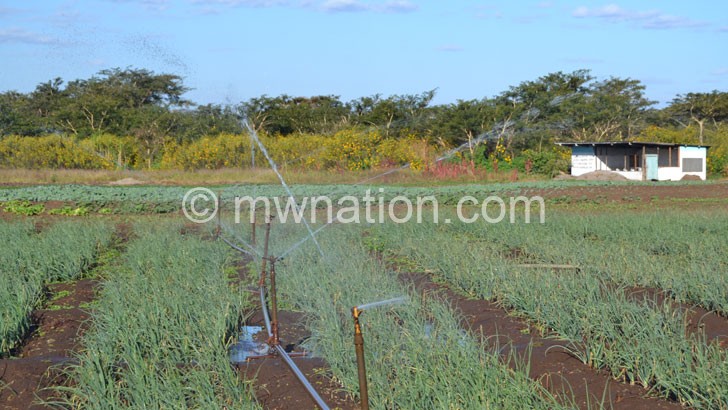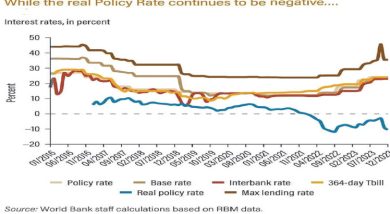Agriculture sector mess
The agriculture sector, Malawi economy’s main driver, is currently riddled with many outdated laws and regulations which a new study says subdues its growth.
The study by Malawi Agricultural Policy Advancement and Transformation Agenda (Mwapata) Institute has also found out that most of the policies in the sector are ‘incompletely’ developed as they lack auxiliary components such as work plans, monitoring and evaluation frameworks, enforceable acts and resource mobilisation plans.
The study titled Unlocking Implementation Challenges: Lessons from the Agricultural Sector was jointly authored by Lawrence Mapemba, William Chadza and Milu Muyanga.
The study investigated the causes of challenges in programmes, policies and strategies implemented in the agricultural sector while drawing lessons that can inform the Ministry of Agriculture to address such challenges.
Reads in part the report: “Lack of regulatory framework [laws] to support the implementation of the policies was also identified as another factor constraining the implementation of some policies and programmes.

“Some other Acts [Special Crops Act and Agricultural General Purposes Act] in the sector were found to be outdated and unable to cope with the realities of a relatively liberalised economy.”
It further says the unpredictability and inconsistencies associated with the application of some elements of these laws, such as export bans, have led to an uncertain environment that stifles the operations of private sector players.
Tackling specific laws, the study reveals, for example, that the Special Crops Act of 1963 is now outdated and unable to cope with the realities of a relatively liberalised economy.
It said the Act introduces inefficiencies in production by requiring application of licences for one to grow some particular crops.
On Agriculture General Purposes Act, which was enacted in 1987, the study says the Act designates the Agricultural Development and Marketing Corporation (Admarc) as the sole agricultural produce buyer in the country.
Reads the report: “First, designation of Admarc as the sole buyer of agricultural produce is against provisions for market liberalisation.
“Second, the Act surprisingly focuses narrowly on the marketing of maize crop. While the Act is supposed to provide a legal framework for all sub-sectors in agriculture, it also excludes many other equally important sub-sectors in agriculture such as livestock.”
In an interview on Tuesday, Civil Society Agriculture Network executive director Pamela Kuwali said the agriculture sector takes a long time to formulate a policy to the extent that by the time the policy is finalised, new issues have emerged, rendering the policy irrelevant.
She said: “The implication is that if the policies are not reviewed timely then the challenges will persist and the contribution of the agriculture sector towards economic growth will continue to be minimal.”
On his part, agriculture expert Tamani Nkhono-Mvula agreed that a number of policy and legal frameworks in the sector need a lot of attention as they are outdated and are not responding to the changes taking place in the sector.
“Government needs to align all these laws and policy frameworks and create a roadmap for their review,” he said.
In Malawi, agriculture sector remains the backbone of the country’s economy such that the performance of the sector is critical to the domestic economy as the sector contributes about 30 percent to the gross domestic product, employment, foreign exchange earnings and household food and nutrition security.





